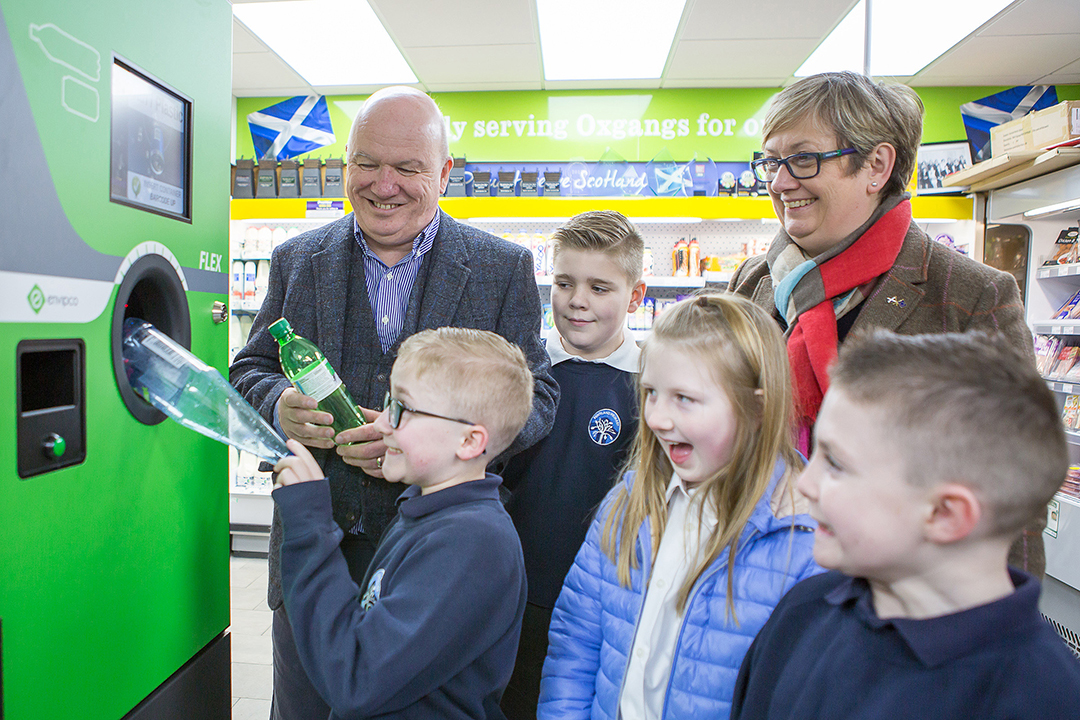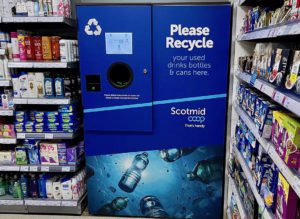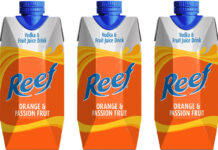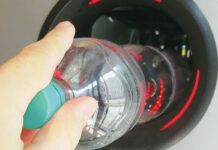RVM maker Envipco says retailers will be key to DRS

SCOTLAND’S convenience retail channel will play a big part in the forthcoming DRS scheme, reckons RVM specialist Envipco.
The firm points out that c-stores have higher average shopper visits per week than supermarkets and most customers agree that local shops are better for the environment – as more are visited on foot or are travelled to within a short distance.
Envipco key account manager Nick Preater said: “Bottle returns will no doubt become part of the shopper mission to convenience stores, ranking among other valued services such as cash machines, parcels and bill payments.”
The RVM expert acknowledged that not all c-stores would be suitable for operating as a return point, however.
He cited issues over either store size or other health and safety issues – and said retailers could apply for an exemption if this was the case or if there was another return point within about 400 metres that agreed to manage their returns.
If not exempted, stores can choose to take back containers manually or install an RVM, which automatically identifies the containers inserted and issues a voucher that customers can use to pay for shopping or get a cash refund at the till.
Preater said: “The current advice to retailers who are not sure whether an RVM is the right option for them or what volumes they can expect to see returned is to start with manual returns and make an informed decision later after the scheme is live.”
He pointed out that the key benefit of operating an RVM is that it speeds up the process for customers and staff, with less handling of containers. It also reduces the storage space needed as the can and PET containers are compacted and held inside the RVM.

The machine reports the returns data back to the scheme administrator, Circularity Scotland, which then credits the retailer for all the deposits returned and pays the retailer a handling fee as compensation for being a return point.
The fees paid to automated return points for scheme containers are higher than manual returns to account for the cost of owning and operating RVMs.
Preater added: “At Envipco, we have spent over 40 years designing, manufacturing and supplying Reverse Vending Machines that have been at the forefront of many global Deposit Return Schemes.
“We have a full range of RVMs from large, high-volume ‘bulk-feed’ machines down to our market-leading and space-saving Flex RVM, designed specifically for the convenience sector with its small footprint and high capacity.”
With offices and a showroom in Edinburgh and a dedicated support service across Scotland, Envipco stands ready to help Scotland’s grocery and convenience channels prepare for DRS.
Preater concluded: “The scheme is simple but effective and many other countries using a deposit return scheme achieve recycling rates of more than 90%.”

















